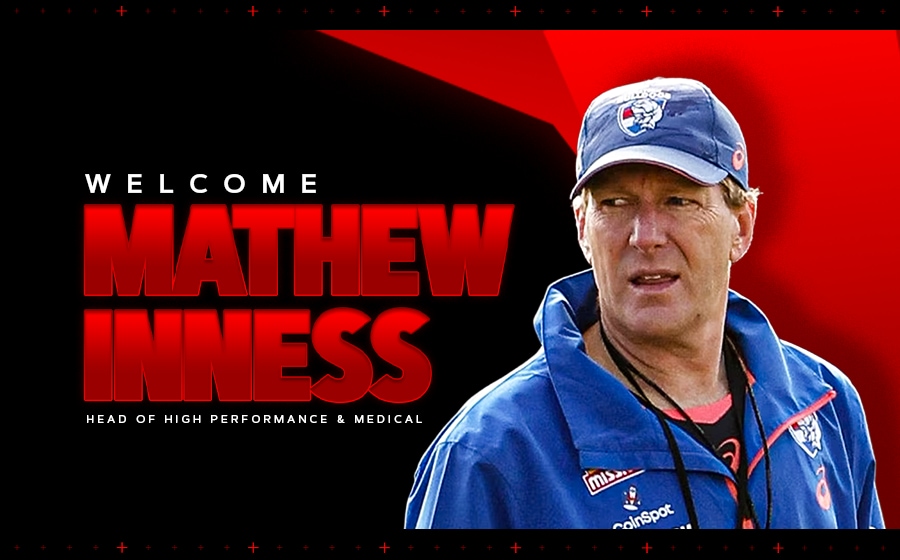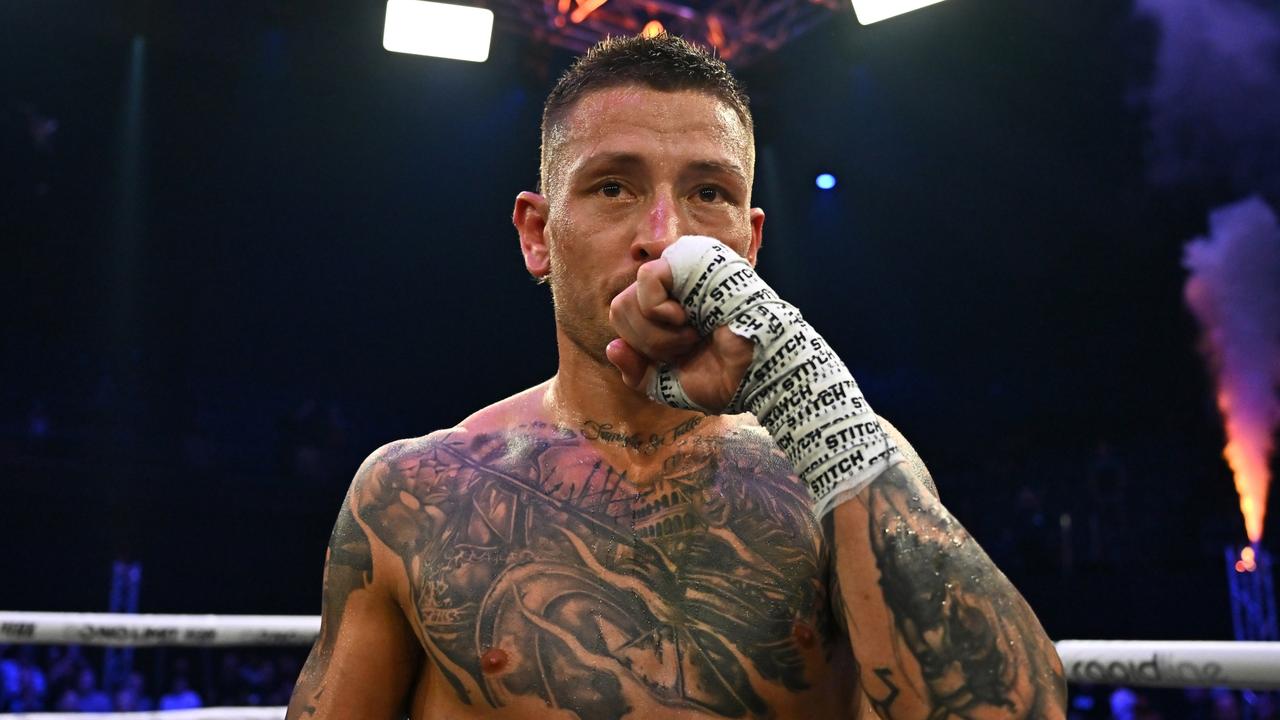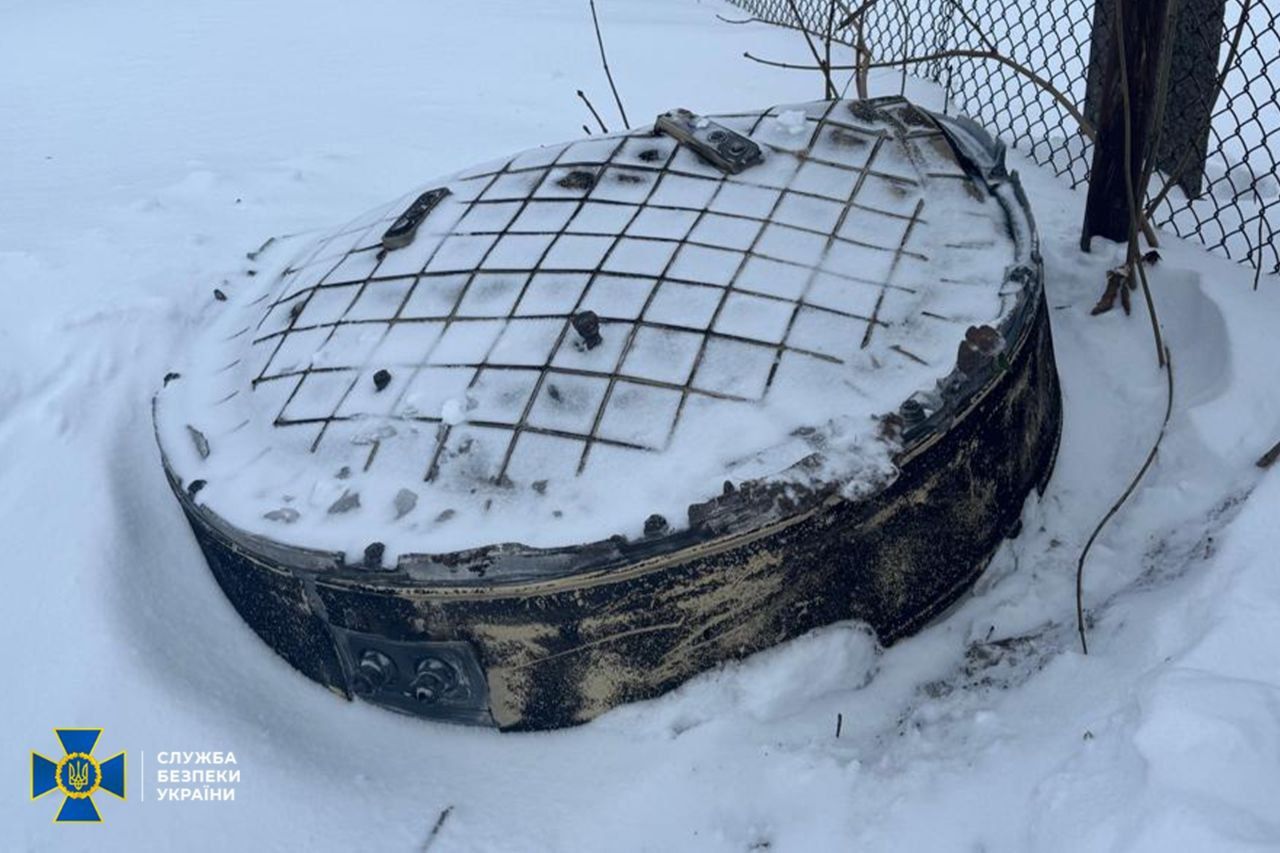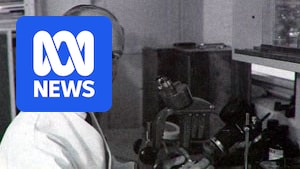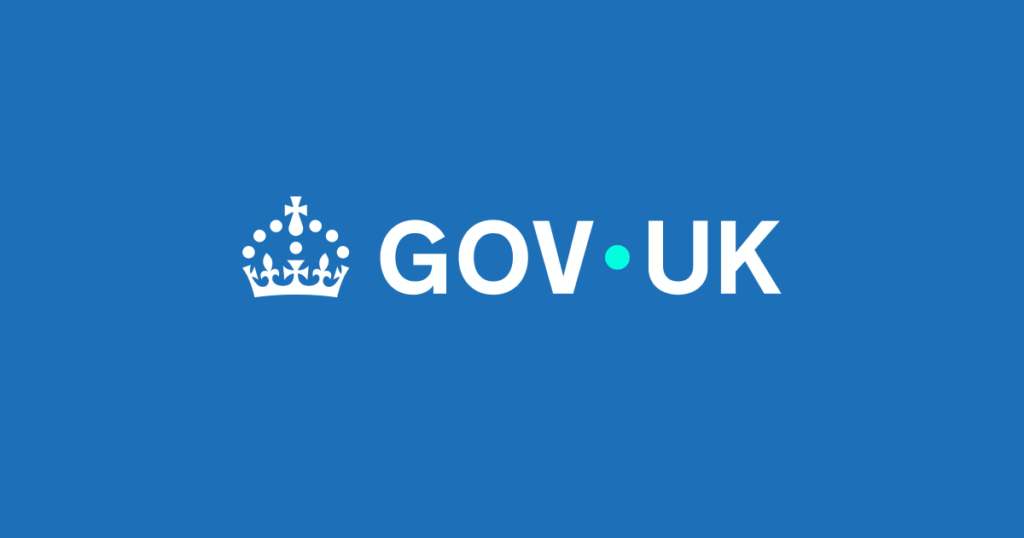
The Medicines and Healthcare products Regulatory Agency (MHRA) has reaffirmed the safety of childhood vaccines, emphasizing their critical role in protecting against serious infectious diseases. This announcement comes amidst ongoing public discourse regarding vaccine safety, particularly concerning autism.
Dr. Alison Cave, Chief Safety Officer at the MHRA, stated:
“Multiple large, well-conducted studies involving millions of children worldwide have consistently demonstrated that there is no evidence that vaccines cause autism in children. Vaccination remains one of the most effective and safest ways to protect against serious and potentially life-threatening diseases, supported by decades of scientific evidence in the UK and internationally.”
Endorsements from Health Authorities
The benefits of vaccination are strongly endorsed by the National Health Service (NHS) and all major UK public health and paediatric bodies. These endorsements form part of the recommended routine childhood vaccination schedule, which aims to protect children from diseases such as measles, meningitis, and whooping cough.
According to the MHRA, all vaccines approved for use in the UK undergo rigorous assessments for safety, quality, and efficacy. Once approved, these vaccines are continuously monitored through robust surveillance systems, real-world data, and international evidence.
Scientific Evidence and Studies
Extensive research supports the safety of vaccines. A major meta-analysis conducted by Taylor et al. in 2014 examined data from over 1.26 million children in cohort studies and nearly 10,000 children in case-control studies. The findings revealed no association between vaccination and autism or autism spectrum disorders.
Dr. Cave encourages parents to follow NHS guidance on vaccination and consult healthcare professionals if they have any questions. The MHRA also urges the public to report any suspected side effects via the Yellow Card scheme, a critical component of the agency’s safety surveillance efforts.
Global Recommendations and Safety Measures
Childhood vaccination is recommended not only by the NHS but also by the World Health Organization and public health authorities globally. These recommendations are based on evidence-based guidelines from the Joint Committee on Vaccination and Immunisation (JCVI) and supported by NHS clinical guidance.
The MHRA conducts continuous safety surveillance through the Yellow Card scheme, analysis of large healthcare datasets, and reviews of international safety data. Independent scientific experts are involved in ongoing reviews to ensure vaccine safety.
Implications and Future Actions
Should new evidence emerge indicating a change in vaccine safety, the MHRA has committed to promptly updating guidance and information for healthcare professionals and the public. This proactive approach ensures that patient safety remains the top priority.
The MHRA’s Role: As an executive agency of the Department of Health and Social Care, the MHRA is responsible for regulating all medicines and medical devices in the UK. Their work is underpinned by robust and fact-based judgments to ensure that benefits justify any risks.
In conclusion, the MHRA’s reaffirmation of vaccine safety is a significant step in maintaining public trust and ensuring the health and safety of children across the UK. Parents and carers are encouraged to continue following NHS vaccination guidance to protect children from preventable diseases.
